As climate change impacts increase the frequency and severity of natural disasters, emergency response and recovery efforts require rapidly deployable temporary housing able to withstand challenging conditions. When a series of devastating wildfires ravaged western Canada’s remote forest regions over successive summers, thousands of firefighters, first responders, and rebuilding crews were mobilized for months of relief operations.
Providing seasonal accommodation for rotating shifts of personnel presented enormous logistical hurdles. Construction of permanent buildings was infeasible given the urgent need and uncertain future uses of sites once operations concluded. Portable lodging solutions were needed to shelter hundreds quickly and efficiently while minimizing environmental footprint.
Engineering firm Edison Infrastructure Group was contracted to oversee all temporary camp infrastructure requirements for the multi-agency effort. President Martin Chen recognized an opportunity to pioneer more sustainable accommodations compared to typical tent and trailer setups strained under prolonged use.
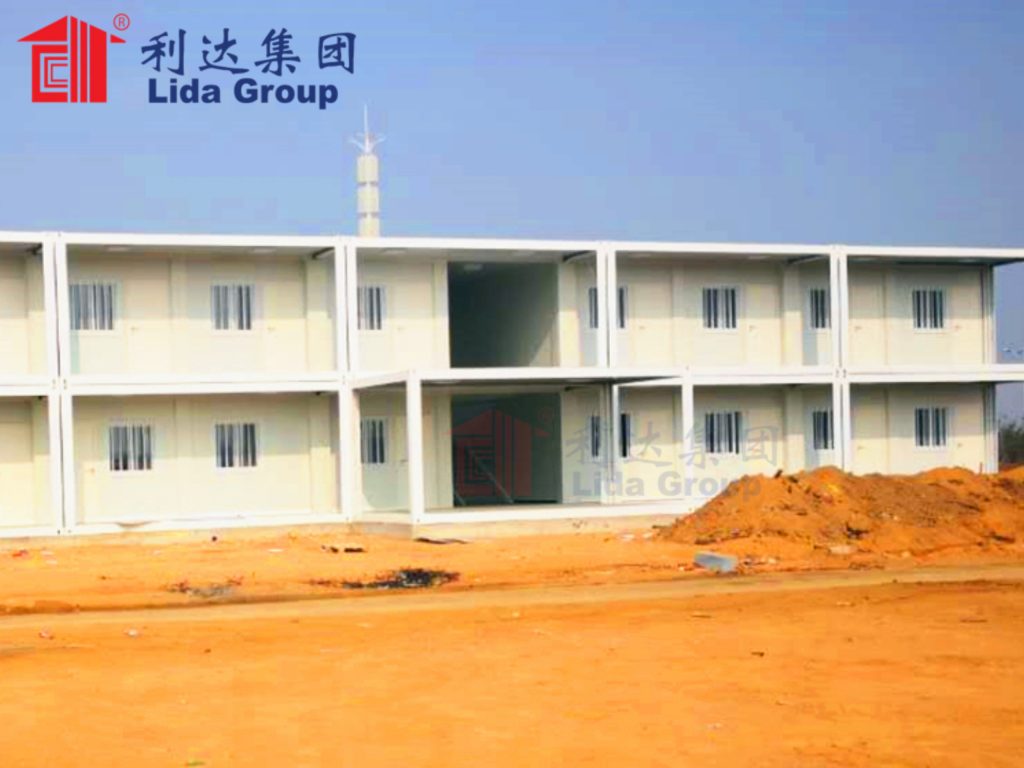
“The scale and duration of response/rebuilding camps called for durable, cost-effective housing with lower lifecycle impacts than single-use tents or RVs,” said Chen. “We sought expert modular builders creating innovative prefab solutions adaptable to remote settings and temporary populations.”
After reviewing proposals, Edison selected Winnipeg-based Lida Group to construct three prototype relief camps trialed across western Canada’s fire-recovery regions that first summer. Lida Group specialized in designing durable modular buildings for remote industry sites, though had not previously supported disaster relief missions. The firm embraced the chance to test prefab concepts benefiting humanitarian needs.
Lida Group’s proposal centered on a new flat-packed, panelized construction method and reusable modular units constructed almost entirely from recycled shipping containers. Project Manager George explained: “Our flat-packing technique allows rapid on-site assembly like IKEA furniture without cranes or heavy equipment normally required for modular builds. This enhanced mobility and simplified setup suited relief camp deployment needs.”
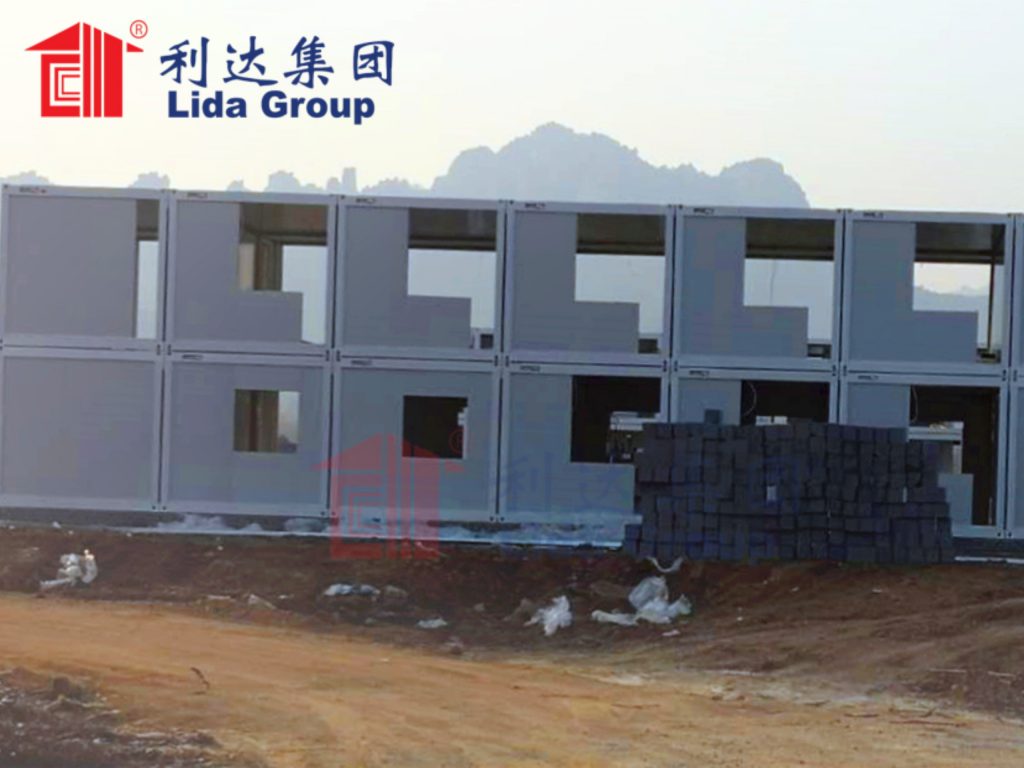
At Lida Group’s factory, skilled laborers retrofitted surplus steel shipping containers with insulated interiors, electrical wiring, plumbing connections and interior finishes. Unique pivoting wall and floor panel designs locked solidly together on-site without additional tools. Self-contained galley kitchens and bathroom clusters were also fabricated off-site for quick integration.
Flat-packed designs compressed components 90% smaller than standard modules for efficient high-density transportation in standard trucks. Multiple units combined as duplexes or larger complexes once erected. All materials aimed to maximize reuse potential as infrastructure cycles to other communities post-operations.
First prototype relief camps arrived in under four hours from unloading to functional housing sheltering 50 responders each. Two additional 100-person camps followed soon after, showcasing efficiency and scalability benefits. Panels interconnected seamlessly at the push of a switch. Self-contained bathroom clusters for every four units ensured amenities met health/safety standards.
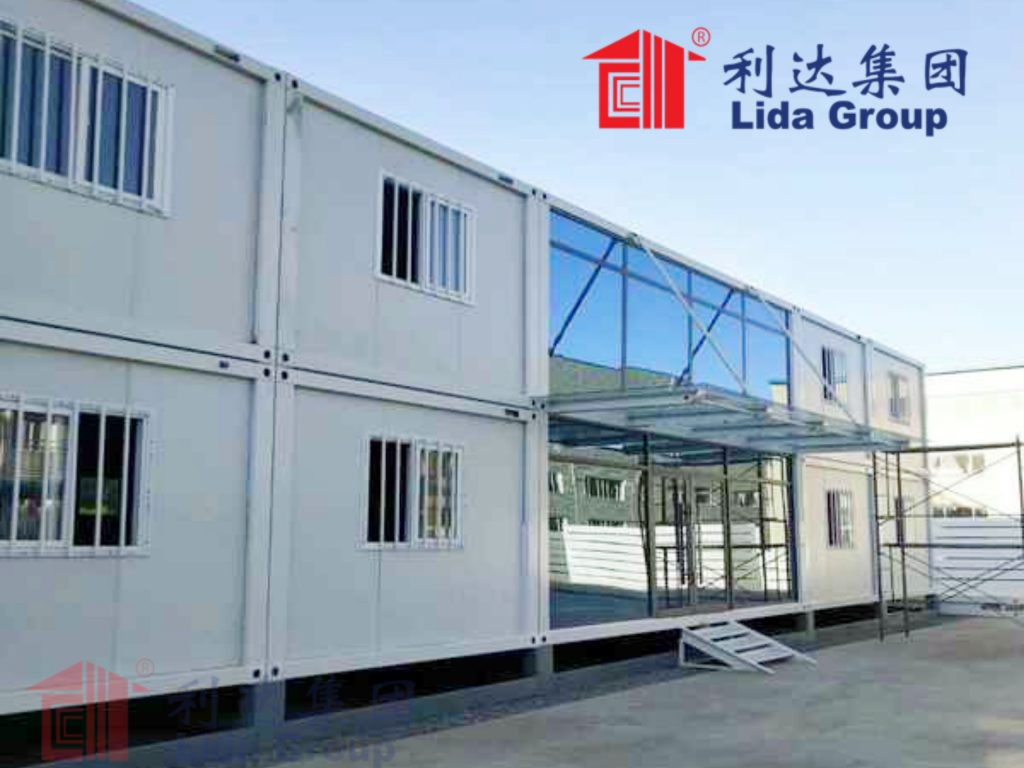
“We’re really impressed by Lida Group’s innovative solution—nothing else on the market assembles and interconnects components as rapidly while maintaining structural durability required in remote areas,” said Chen after visiting initial camps. “These advanced modular and flat-packed techniques transform how we approach temporary housing deployments going forward.”
Critical acclaim gathered as the first prototype camps served hundreds of heroic individuals through successive seasons. Chen’s team closely monitored construction qualities, ongoing maintenance needs, and end-user satisfaction assessments. Feedback confirmed the high-quality livable spaces exceeded expectations for temporary housing despite extreme climate fluctuations.
Minimal repair requirements and overall sustainability were found paramount advantages. Almost no waste resulted from compact flat-packing eliminating job site debris commonly generated by trailer/tent replacements. Containers’ durable construction safeguarded communities from hazardous materials used/discarded in single-use shelters. Post-operation, 90% of original materials were repurposed by partner agencies as multi-unit housing for low-income residents.
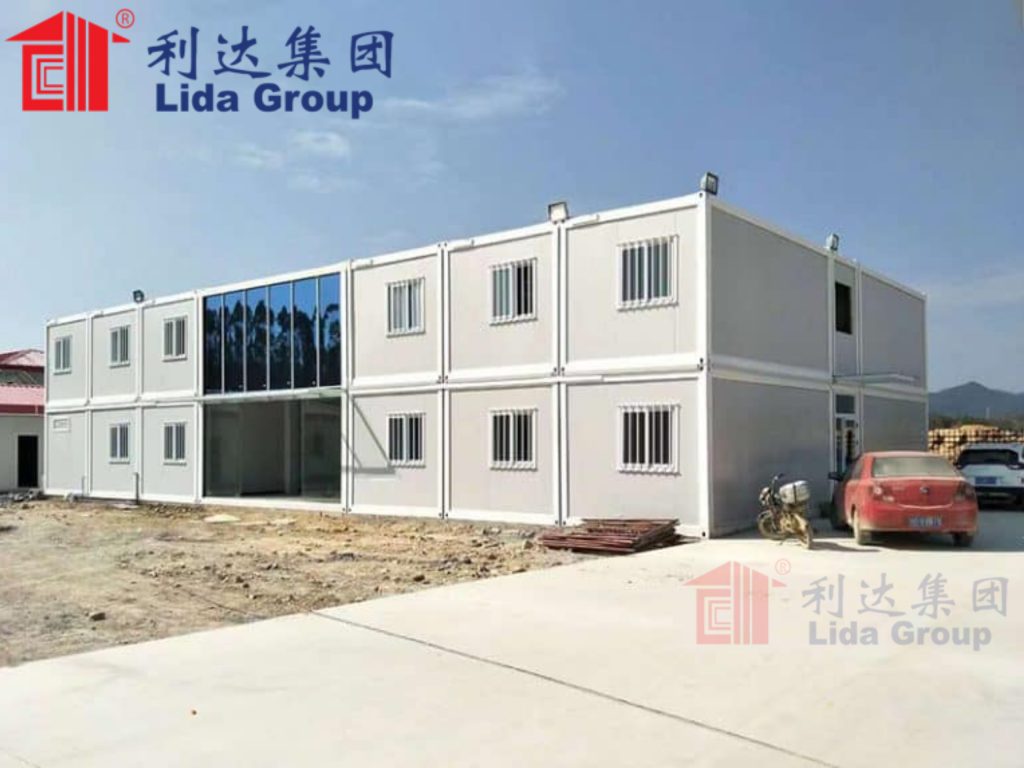
Based on pilot successes, Edison Infrastructure Group now specifies Lida Group’s advanced modular/flat-packed container designs as the sustainable prefab standard across Canadian disaster response infrastructure projects. Over 30 permanent relief camps populated through revolving container modules have supported thousands of personnel through subsequent crises.
Adoption follows stringent lifecycle analyses deeming containerized prefab the most durable, cost-effective and eco-friendly temporary housing solution compared to wood-framed, tent or modular trailer alternatives. When factoring reuse potentials, carbon footprint reductions exceed 50% versus single-use structures frequently left abandoned in remote locations post-operations.
Customizable add-ons now integrate kitchen, shower and laundry pods to suit varying deployment scales. Continued improvements monitor user needs from coastal oil spill responses to wildland firefighting projects. Lida Group collaborates regularly with emergency management experts ensuring evolving standards for health, safety and accessibility are addressed.
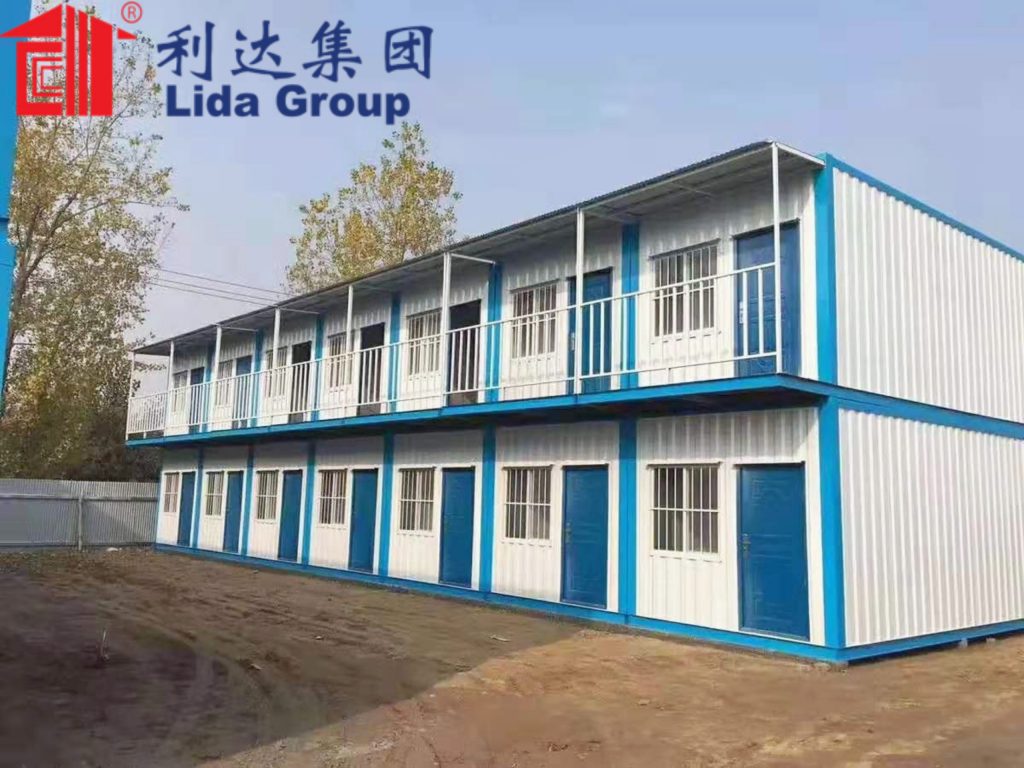
International recognition has grown through environmental awards, academic case studies and visiting delegations exploring North America’s leading disaster preparedness infrastructure. Most proudly, Lida Group shelters now support relief and recovery efforts globally through social enterprise partnerships applying expertise to developing nations.
In summary, by pioneering advanced flat-packed modular and containerized construction techniques, Lida Group has revolutionized sustainable temporary and disaster housing solutions. Their innovative prefab methods applied to relief camps meet urgent needs while minimizing long-term environmental footprint – exemplifying how modular construction can meaningfully support humanity in times of crisis when communities need shelter the most. Continued improvements ensure this pioneering work benefits vulnerable groups for years to come.

Related news
-
Report evaluates the quality, cost-effectiveness and versatility of interim shelters developed by Lida Group for workshops, mess halls and storage using light steel frames integrated with insulating composite wall skins.
2024-07-12 13:45:43
-
Researchers assess a prototype temporary labor camp constructed by Lida Group using prefabricated steel structures, insulated sandwich wall panels and customized modular housing units.
2024-07-12 15:49:54
-
Journal highlights adaptability innovations enabling steel-framed structures assembled from insulated sandwich wall panels supplied by Lida Group to accommodate fluctuating populations in remote labor contexts.
2024-07-12 10:41:22
contact us
- Tel: +86-532-88966982
- Whatsapp: +86-13793209022
- E-mail: sales@lidajituan.com


